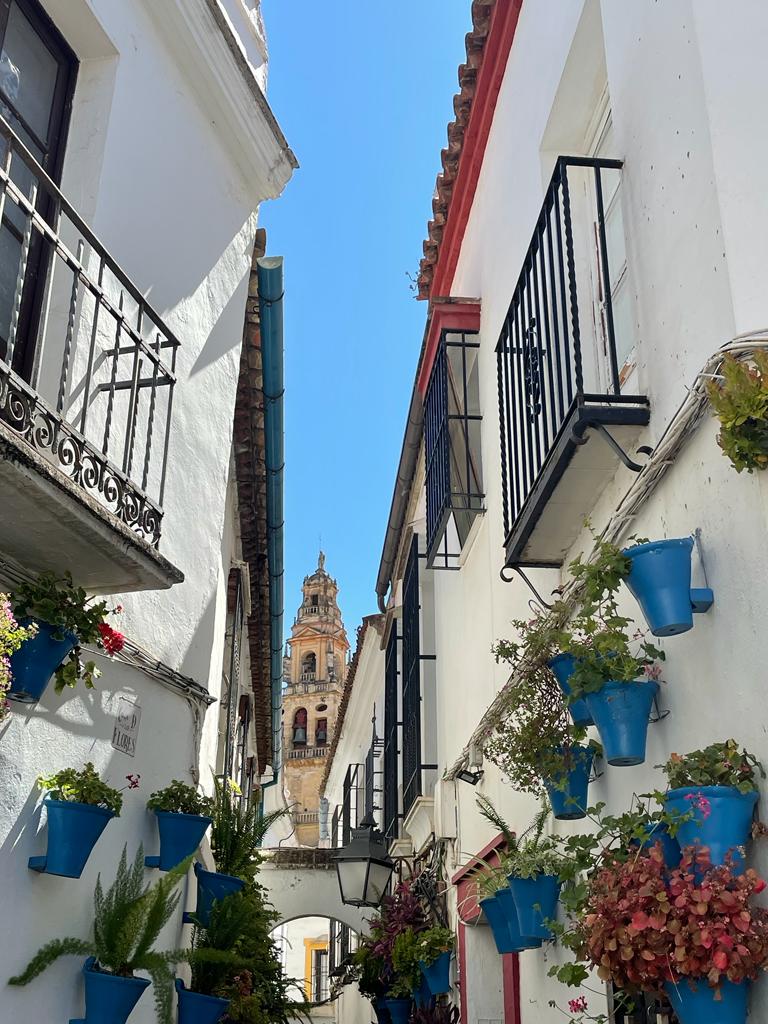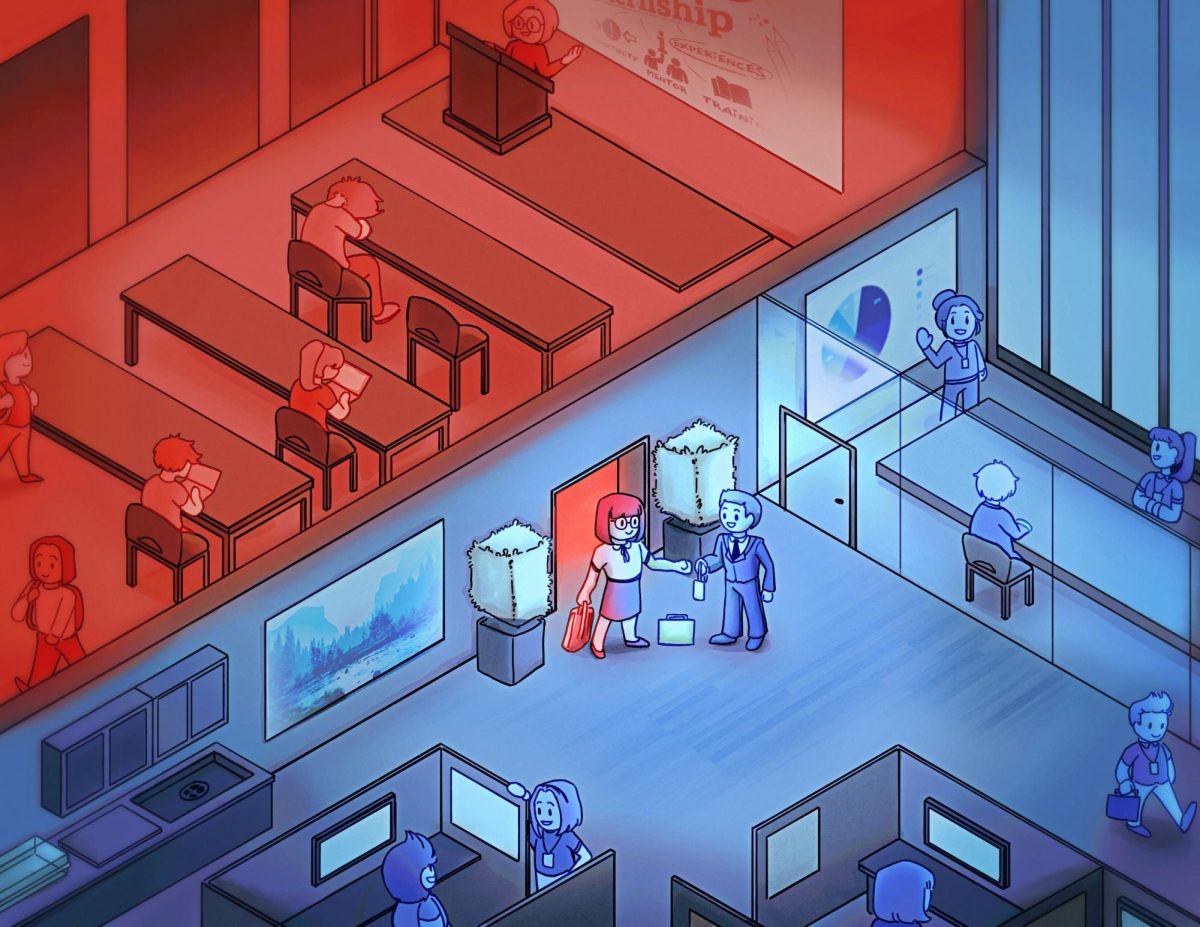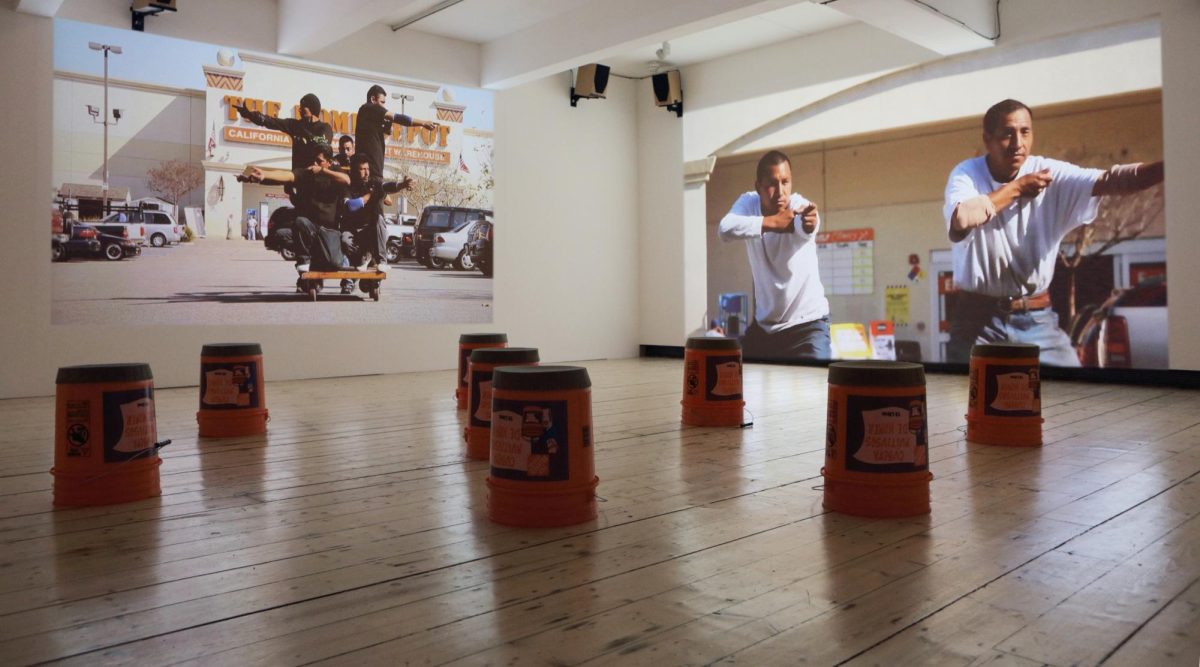Studying abroad may feel overwhelming for freshmen who are already being flooded with change. However, other Wildcats stress how this should not mean that the opportunity should fly under one’s radar; here are a few tips for those on the fence about studying abroad.
Tip #1 – Decide where to travel:
The University of Arizona has study abroad programs in various regions, including but not limited to London, Sydney, Costa Rica and Barcelona. However, checking in with academic advisors is essential to ensure the program is compatible with one’s degree.
Daryl Ijaola, a biochemical engineering major, studied abroad in Alcalá de Henares, Spain, for four weeks over the summer.
“I have already convinced, I think, two or three people to go on the trip next year, and we just got back. I talked to somebody who went before me recently, but if I had talked to them beforehand, they would have convinced me to go. Talk to people and research the city,” Ijaola said.
Hannah Lichtenwalter, a double Africana studies and Spanish major, earned credits toward her degree in Spain.
“Look into the culture and traditions of the region, their daily life, [be] respectful and study the basics of the language so you can connect with locals more. Also, mentally prepare for the immersion,” Lichtenwalter said. “People should consider places they might not [have] immediately. Spain was not the first place I would have studied abroad, but I ended up having a really good experience there.”
Tip #2 – Understand the process and be prepared:
Once one has selected a destination, they must fill out an online application on the University of Arizona Study Abroad website for the specific area they are interested in. It is here students decide when and how long they wish to study abroad and get an estimated cost for the trip. Study abroad programs can be during the fall, spring or summer.
Abigail Sotelo, a director for the University of Arizona Alcalá de Henares Summer 2023 program, stressed the importance of having one’s U.S. passport ready as early as possible.
Sotelo explained that, ideally, the process for applying for a U.S. passport should begin alongside the application to the program itself, allowing wiggle room for any COVID-19 delays.
“The Alcalá program requires the U.S. passport [to be] ready before the trip because in areas like Seville, Granada and Córdoba, a passport number is needed when buying tickets. Since we do not have an ID from Spain, they need an identification number, and the only number we have is the American passport number,” Sotelo said.
Once the application is accepted, one will be prompted to commit to the program by a specific date and submit the necessary documentation. It is crucial to mark important deadlines on one’s calendar to make the process as efficient as possible.
There will also be a pre departure orientation course to complete before the start of the program. This course provides student support services, such as counseling and psychological services for those experiencing homesickness. It will also go into detail on the GeoBlue international emergency medical insurance.
“The medical insurance and medical attention in Alcalá was very good and quick. When one of my students got sick, we waited around 20 minutes to receive medical attention. In total, it cost around 25 euros for all the medication, which was not covered by the insurance but was still very cheap. There was also no co-payment or need to make an appointment,” Sotelo said.
Ijaola had some extra tips to share to make one’s visit as comfortable as possible.
“Overpack. I love to overpack because I hate being unprepared. For example, I forgot to pack my shorts and forgot how hard it is to find some. Prepare a budget for yourself and, if you can, save up too much money. As in, I’d rather have too much and have a lot of freedom spending than not [have] enough and [be] stuck in one place,” Ijaola said.
Lichtenwalter shared some advice based on her experience in the study abroad program.
“I would recommend looking into the details of the program, [like] if it’s a homestay or if you will be in a dorm. Just consider the level of independence that you want, the length of the program and the culture, because there can definitely be a big culture shock in certain parts of the world. Even in Spain, there were parts that were a lot different and that I enjoyed, but maybe not everyone would,” Lichtenwalter said.
Tip #3 – Take advantage of scholarships:
“I think the cost is worth it, but I also think it is important students apply for scholarships. There have been years where money is left over because not enough students apply. It is important to apply and have a very strong recommendation letter ready,” Sotelo said.
When asking for a letter of recommendation, Sotelo advises asking a professor with plenty of time to ensure the letter is quality and not rushed.
For Lichtenwalter, a scholarship made all the difference.
“Applying for scholarships, I got one through the W.A. Franke Honors College. That played a big role in my decision to study abroad,” Lichtenwalter said.
While traveling abroad can get expensive, Ijaola remained confident it was worth it, “Especially with the scholarship that lowered it down. The food you get, experiences you get, going to different cities every week. I thought I was going to stay in one city, that is how much I paid for, but you are paying for so much more,” Ijaola said.
Tip #4 – Be safe and have fun:
In areas like Europe, where pickpockets may be a concern, it is crucial to remain hyper-aware of one’s surroundings and belongings.
“You have to use common sense, always. Do not walk around alone at night; you should not do that anywhere. Even if the area is very safe, one must always use common sense,” Sotelo said. “If they are nervous about being robbed, I would suggest keeping your backpack on your front side. [Keep] wallets in the pockets on the front or simply [use] a fanny pack.”
While remaining precautious is essential, one should keep an open mind about their surroundings.
“It is a life-changing experience. It changes your perspective on how you view the world,” Sotelo said.
Follow the Daily Wildcat on Instagram and Twitter (X)









